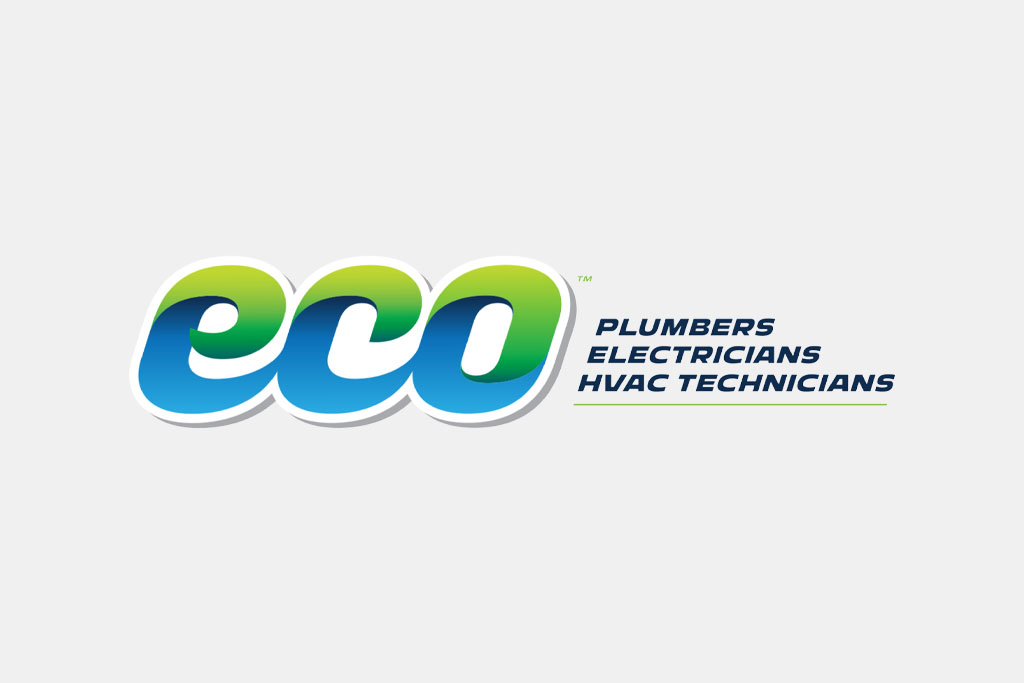Once the holidays end, the winter blues can set in with a vengeance. Many people counteract them with home renovation and construction projects of various sizes. This is a good strategy but if homeowners aren’t careful, it could be wasteful. At The Eco Plumbers, we understand how a little waste eventually builds up and adversely affects the general environment. We want to show you how to be environmentally responsible during your projects, so we’ve provided a few tips.
Use Recycled Materials
“Reduce, reuse, recycle” is a popular slogan in children’s movies and music. The credo is just as applicable, if not more so, for adults. Almost any construction material you use from wood to rubber to asphalt and metals, can be recycled. In fact, you can get ahead environmentally speaking if you buy recycled materials before beginning a project. Many lumber companies now use reclaimed and recycled wood for their floor samples and other construction materials. Reclaimed wood furniture is also available from several chains around the country. Recycled metals can be repurposed into new, stronger pipes, siding and roofing material, or even updated and transformed into modern furniture pieces.
Consider Alternate Energy Sources
Many people brush off alternative energy options such as solar or geo-thermal energy as too expensive or ineffective. In fact, neither criticism is true. These energy options are not only effective but will save money in the long run. For example, some estimates indicate a traditional electric bill could cost you as much as $2400 a year. In comparison, many solar energy providers use a tiered pricing system where what you pay depends on how many kilowatts of energy you actually use. Therefore, if it costs $170 per month to offset 100% of your energy with solar panels, with incentives, offsetting 50% of your energy costs would help you save 60% on your monthly bill before incentives.
Geo-thermal energy is another great example of a money-saving energy source. Geo-thermal energy works by converting the heat that already exists at the Earth’s core into renewable energy through reservoirs and “hot spots” such as hot springs. This system traps water in porous rocks and recycles it over and over as an energy source. Thus, your floors stay heated throughout the winter and you save on heating bills.
Repurpose and Repair
To avoid waste, the EPA recommends that you try to repair furniture, fixtures, and other items before replacing them. Repairs are often as labor-intensive and satisfying as renovations and will save money. Repairs are usually the more environmentally responsible choice in the long run as well. For example, try repairing frozen pipes by wrapping them in sturdy rags or towels soaked in warm water. Apply heat until water pressure is restored.
If you can’t repair an item or you feel it could be used differently, consider a repurposing project. These can be done fairly inexpensively with guidance from a hardware professional or other mentor. For example, repurpose a bulky television cabinet into bookshelves, knickknack shelves, or even a pet bed. Repurpose a large desk with several drawers into a wine or liquor cabinet. Use parts of old drapes and other fabrics for a quilt, afghan, or winter wraps.
























































